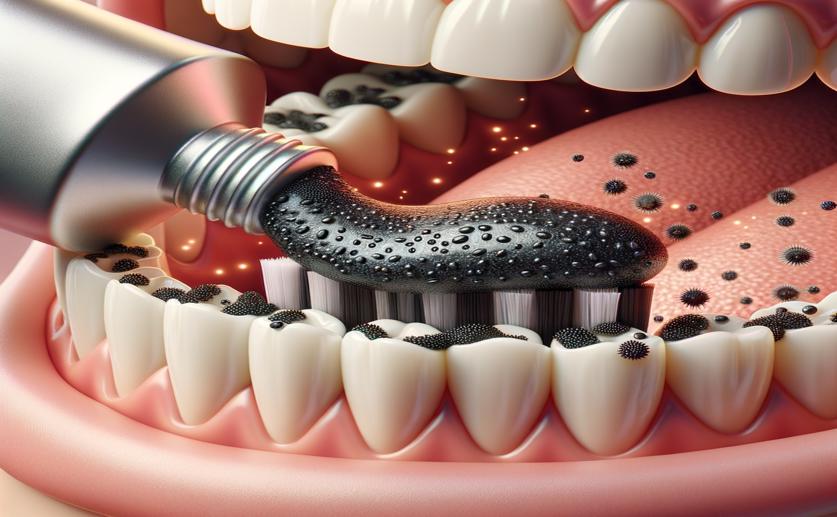
The Anti-Inflammatory Effect of Black Seed Toothpaste on Gum Disease Bacteria
Jenn Hoskins
15th May, 2024

Image Source: Natural Science News, 2024
Key Findings
- Researchers at Universitas Airlangga found that Nigella sativa toothpaste significantly reduced inflammation in rats with periodontal disease
- The study showed decreased levels of key inflammatory markers TNF-α, PGE-2, and MMP-9 after using Nigella sativa toothpaste
- These findings suggest that Nigella sativa could be a beneficial addition to oral care products to prevent or manage periodontal disease
References
Main Study
1) The Anti-Inflammatory Effect of Nigella sativa Toothpaste on Porphyromonas gingivalis Bacteria Through Decreased TNF-α, MMP-9, PGE-2 Expression in Wistar Rats.
Published 14th May, 2024
https://doi.org/10.1055/s-0043-1772700
Related Studies
2) Orthodontic tooth movement: The biology and clinical implications.
3) Effect of topical application of chlorogenic acid on excision wound healing in rats.
4) Bone mineral density, bone mineral content, gingival crevicular fluid (matrix metalloproteinases, cathepsin K, osteocalcin), and salivary and serum osteocalcin levels in human mandible and alveolar bone under conditions of simulated microgravity.
Journal: Journal of oral science, Issue: Vol 52, Issue 3, Sep 2010



 6th April, 2024 | Jim Crocker
6th April, 2024 | Jim Crocker